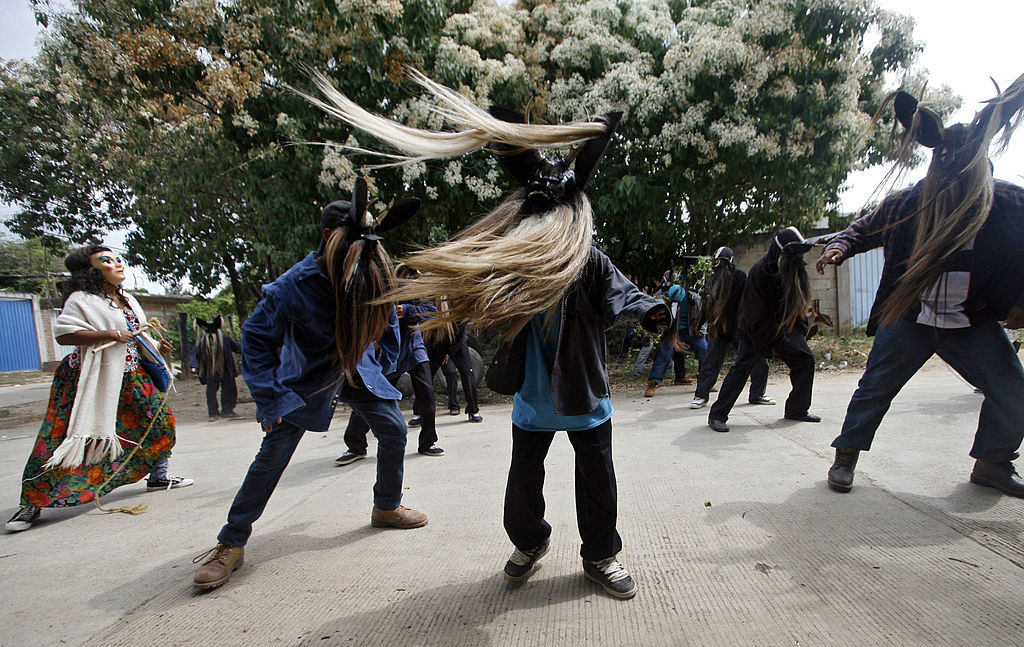The carnival in Coyolillo, a town in the coastal state of Veracruz in Mexico, has origins that go back more than 100 years. It’s a non-religious festival that includes parades, dance, music, and food. But what many people don’t know is that it’s both a celebration and expression of Afro-Mexican culture.
The event is known for the colorful robes, capes, and animal masks that are typically colorful bulls, deer, goats, and cows. Anthropologists call it” a unique expression of Afro-Mexican folk art.”
The carnival originated when enslaved Africans, brought to the area by Spanish colonists to work on sugar cane plantations, were given a single day off, and used it to disguise themselves with masks.
“Carnival Coyolillo, I believe it’s a performance. It’s not just a party. It’s when we demonstrate the potential of this community and helps to reinforce that we are Afro-Mexicans,” one resident told Atlas Obscura.
Today, the Carnival celebrates the heritage of Afro-Mexicans, who have been historically marginalized. The government didn’t formally acknowledge them in the national census until 2016 even though historians believe more than 35,000 slaves were bought over to Mexico because of the country’s declining population between 157- and 1650.
“This is the community that I grew up in. It’s a very happy community with lots of solidarity, the food is delicious, and they share it with everyone. It’s also a community that is realizing that other Afro-Mexican communities exist and that there is a lot of work to do,” Activist Daniela Lopez Carreta said. “What united our ancestors was achieving freedom. Now, I think we are the freedom that they tried to get, and the carnival is when that freedom is demonstrated.”
The day’s festivities include a parade, a beauty pageant, traditional homemade dishes, and beautifully designed masks. It’s normally celebrated between February and March for six days straight.
